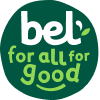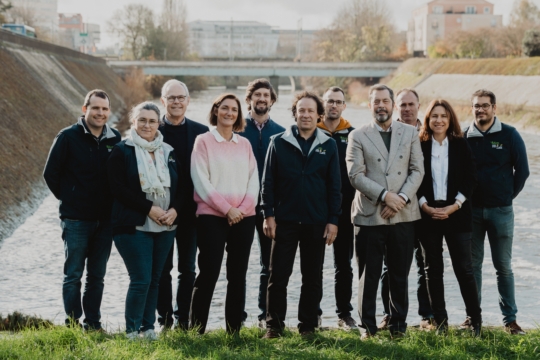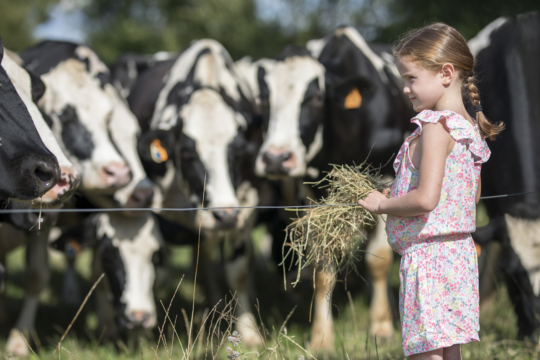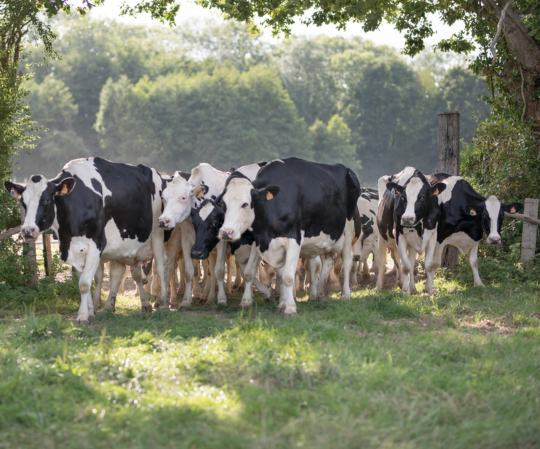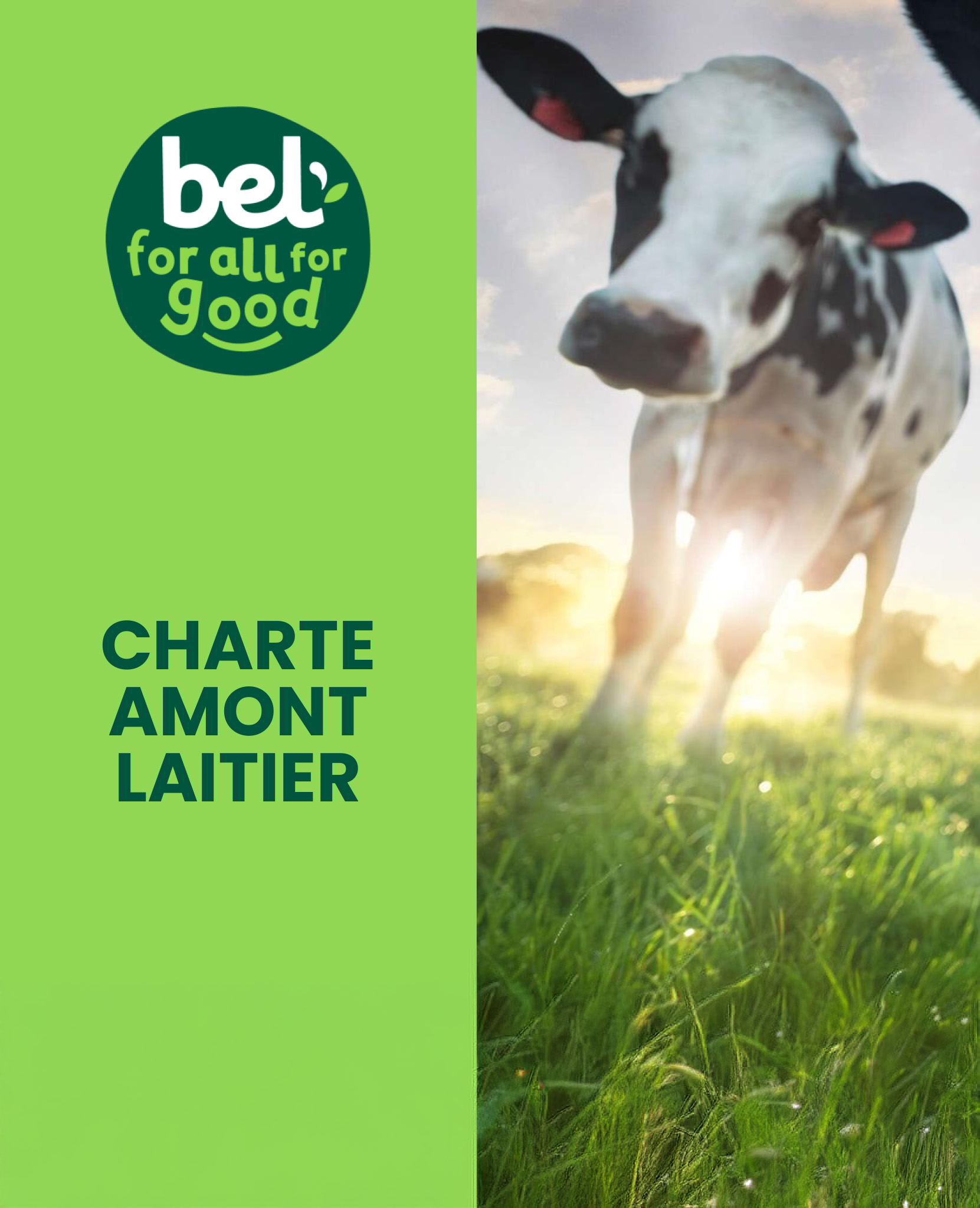OUR COMMITMENTS
TOWARD A MORE SUSTAINABLE DAIRY VALUE CHAIN
1 billion liters of milk collected from 1,200 producers across 9 dairy regions worldwide—our dairy upstream is at the core of our historic business. That’s why we’re deeply committed to building strong, long-term partnerships with our producers partners: giving them visibility on milk prices and volumes to help them plan for the future, and providing the resources and training they need to adopt new practices. Because this sector carries significant environmental and social impact in many local communities around the world, supporting its transformation is a responsibility we fully embrace.
dairy producers, including 700 French farmers partnered with ARPO
of fresh milk collected for our products will come from farms transitioning to regenerative agriculture by 2030
of our carbon footprint is linked to fresh milk collection and dairy raw materials
PARTNERING WITH WWF FRANCE FOR SUSTAINABLE DAIRY PRODUCTION
Bel has renewed its Dairy Upstream Charter, co-signed in 2018 with WWF France, reaffirming its commitment to a more sustainable milk production centered around three pillars: partnering producers, animal welfare, and regenerative agriculture.
With action plans tailored to local realities and concrete goals, this charter supports the decarbonization path validated by the Science Based Targets initiative (SBTi). Our key objectives:
- Reduce absolute Scope 3 emissions by 25% by 2035, compared to 2017 levels.
- Cut emissions from milk production by 50% by 2035, compared to 2017 (in equivalent carbon intensity).
These commitments are part of our ambition to achieve carbon neutrality by 2050.
MEETING WITH THE DAIRY PRODUCERS OF APBO
DAIRY SOURCING CHARTER
TOWARD A LOW-CARBON DAIRY SECTOR
More than ever, our responsibility lies in supporting dairy producers through long-term partnerships working together to build a more sustainable dairy sector. A collective commitment that contributes to our decarbonization efforts.
